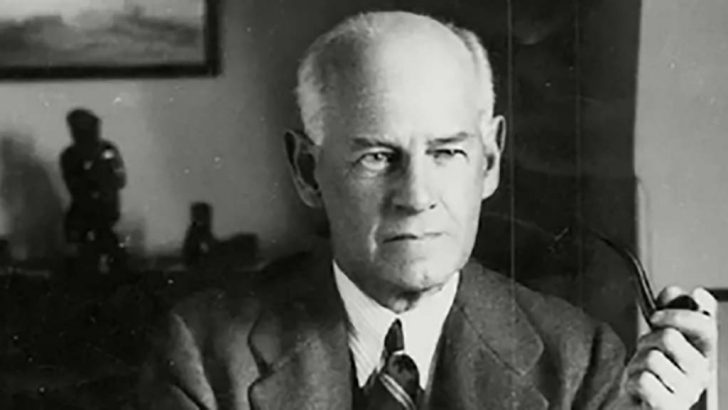PEN International: An Illustrated History
edited by Charles Toner and others (Thames & Hudson, £45.00/€54.00)
PEN International celebrated its centenary in London on October 5, 2021. As part of the celebrations the President, Jennifer Clement, and others published this absorbing history of PEN and its activities over those ten decades, edited by Charles Toner.
Founded in 1934, Irish PEN is one of almost 200 branches of PEN International throughout the world. A number of well-known Irish writers have served as its president, among them Bryan MacMahon, John B. Keane, Séamus Heaney, Brian Friel and most of them have contributed to its activities and proceedings at one time or another.
Great deal
I had the honour to serve as president of Irish PEN for many years and took a great deal away from my involvement, which opened up many new aspects of the literary world to me and my fellow Irish members, through meeting great and interesting writers from many cultures. These encounters and resulting friendships were an illuminating part of the experience for me.
Over the years PEN as a world-wide organisation has helped writers who have risked losing their families, homeland, livelihood, freedom and very often their lives to tell the truth.
Established to promote friendship, intellectual co-operation and exchange between writers, it is the largest and oldest literary organisation and a champion of translation and linguistic rights. It sees literature as playing a significant role in developing mutual understanding, dialogue and peaceful debate.
While PEN originally stood for ‘Poets, Playwrights, Essayists, Editors, Novelists’, the membership has grown to include a broader understanding of the term ‘writer’ and welcomes publishers, translators, bloggers, academics and journalists. Its quintessential role is to protect freedom of expression, as well as honouring the transformative experience of literature.
Catherine Amy Dawson-Scott, novelist and poet, is regarded as the founder of PEN. She enlisted a group of fellow-writers to set up the first PEN club in London on October 5, 1921. She and the other founders envisaged PEN centres in every city in the world. By 1923 there were PEN centres in New York, Mexico City and most European cities. Eventually it was to be found on all the five continents of the world.
The founders were determined that the organisation would not be a transmitter of ideologies or politics. In a letter to the Times, dated April 24, 1923, Nobel Prize Winner John Galsworthy, president of PEN International, set out the organisation’s aims and activities and stated that: “when we say we are not political, we mean it!”
From the outset, the PEN charter was the organisation’s guiding-star in that regard. The evolution of the charter over the years was influenced by the existential challenges faced by the organisation.
In the original PEN charter, agreed at the congress in Brussels in June 1927, item one reads: “literature, national though it be in origin, knows no frontiers, and should remain common currency between nations in spite of political or international upheavals.”
Transmission
Item four of the current PEN charter reads: “PEN stands for the unhampered transmission of thought within each nation and between all nations, and members pledge themselves to oppose any form of suppression of freedom of expression in the country and community to which they belong, as well as throughout the world wherever this is possible.
“PEN declares for a free press and opposes arbitrary censorship in time of peace. It believes that the necessary advance of the world towards a more highly-organised political and economic order renders a free criticism of governments, administrations and institutions imperative.
Since freedom implies voluntary restraint, members pledge themselves to oppose such evils of a free press as mendacious publication, deliberate falsehood and distortion of facts for political and personal ends.”
Irish PEN continues to concern itself with a wide range of activities under the four headings: ‘Writers in Prison’, ‘Translation and Linguistic Rights’, ‘Writers for Peace’, and ‘Women Writers’.
And most importantly of all it remains committed to the letter and spirit of the PEN charter.


 First President of PEN,
Nobel Prize winner
John Galsworthy.
First President of PEN,
Nobel Prize winner
John Galsworthy. 